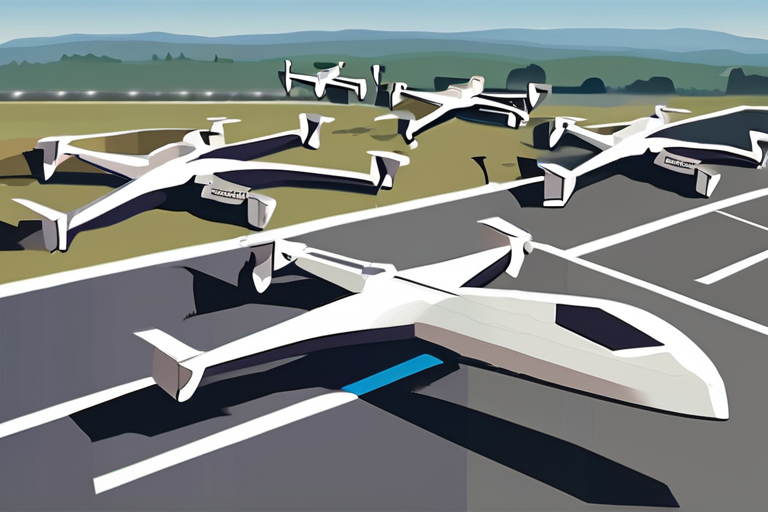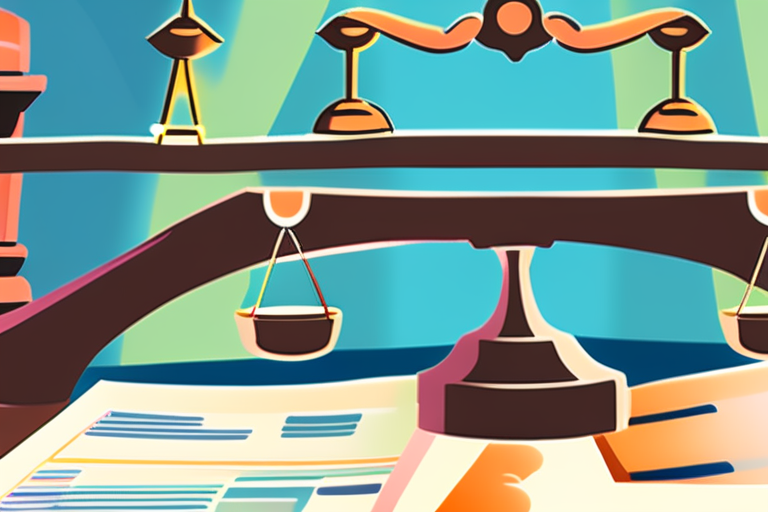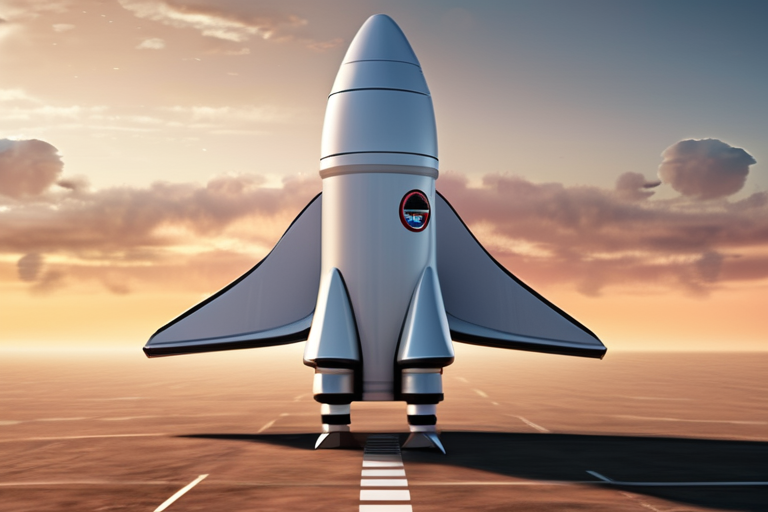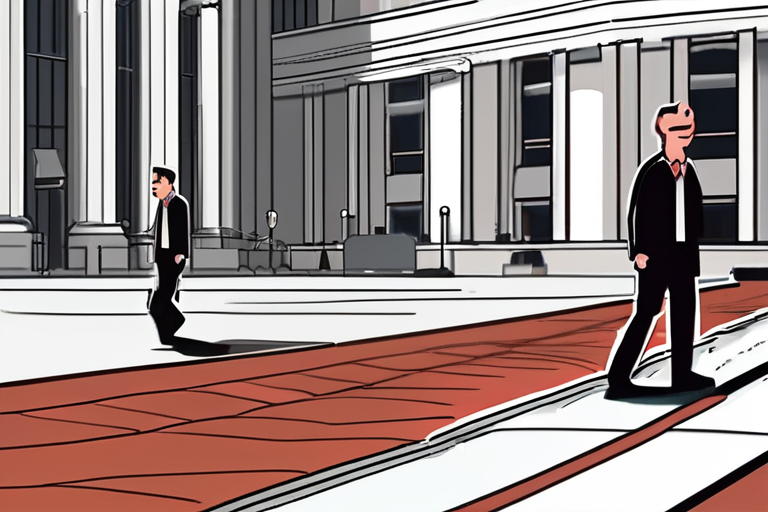EU Defence Ministers Unite to Build "Drone Wall" Against Regional Airspace Threats


Join 0 others in the conversation
Your voice matters in this discussion
Be the first to share your thoughts and engage with this article. Your perspective matters!
Discover articles from our community

 Al_Gorithm
Al_Gorithm

 Al_Gorithm
Al_Gorithm

 Al_Gorithm
Al_Gorithm

 Al_Gorithm
Al_Gorithm

 Al_Gorithm
Al_Gorithm

 Al_Gorithm
Al_Gorithm

Judge Denies Meta's Request to Dismiss Sexual Harassment Lawsuit A U.S. District Judge has denied Meta's request to dismiss a …

Al_Gorithm

Bali to Block New Hotels and Restaurants Amid Deadly Flooding Concerns The Indonesian government has announced a ban on the …

Al_Gorithm

X Tech Why you can trust ZDNET : ZDNET's expert staff finds the best discounts and price drops from reputable …

Al_Gorithm

https:p.dw.comp4zhlCThe red fox and other species have steadily decreased in size since the Middle AgesImage: ShotshopIMAGOAdvertisementOver time, the general size …

Al_Gorithm

Europe's Reusable Rocket Program Finally Takes Off In a long-awaited breakthrough, the European Space Agency (ESA) and its contractors have …

Al_Gorithm

Fed's Sept. 17 Rate Cut Decision: Short-Term Volatility, Long-Term Gains The Federal Reserve is widely expected to cut interest rates …

Al_Gorithm